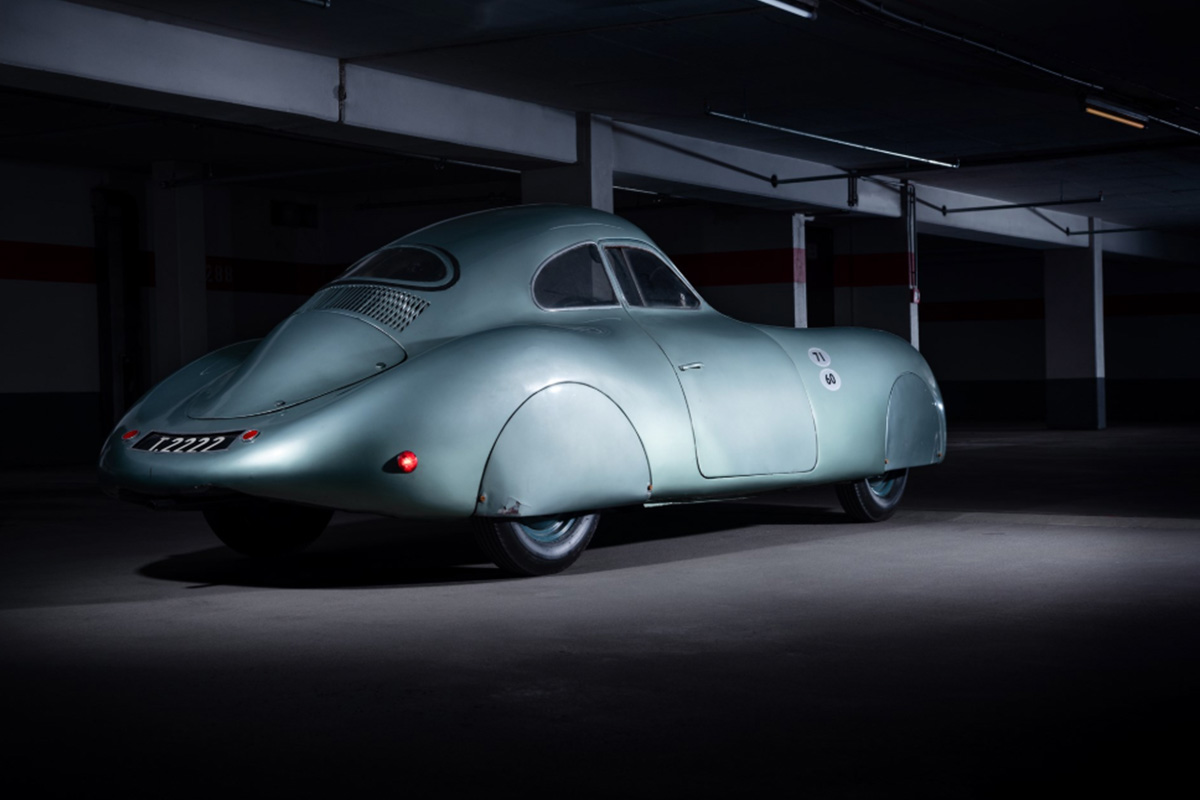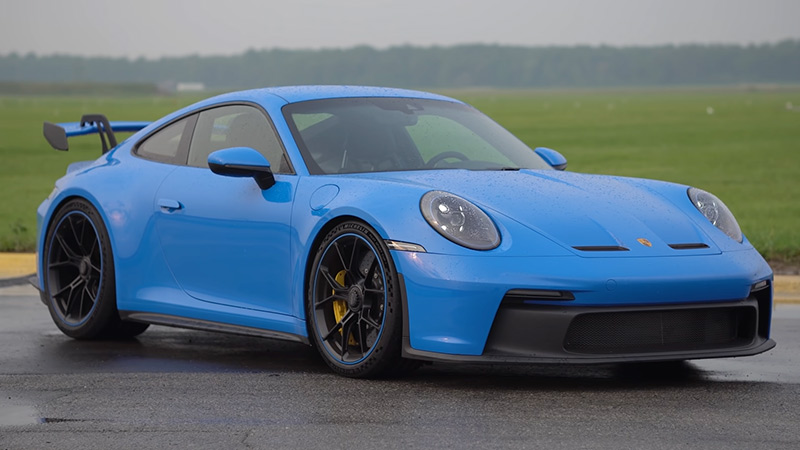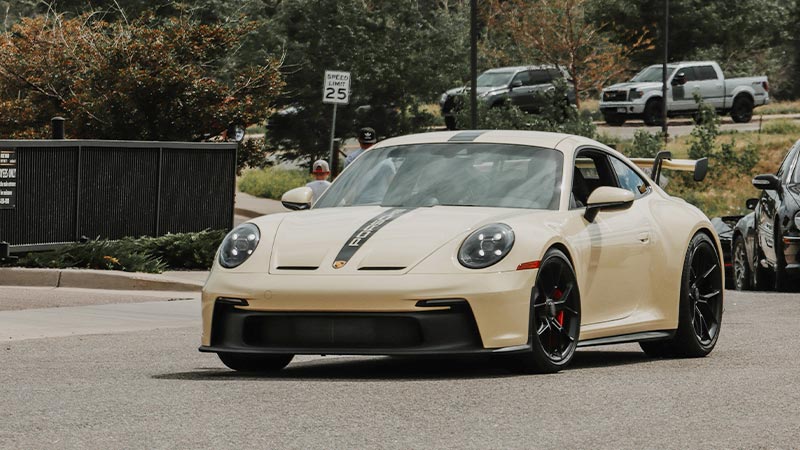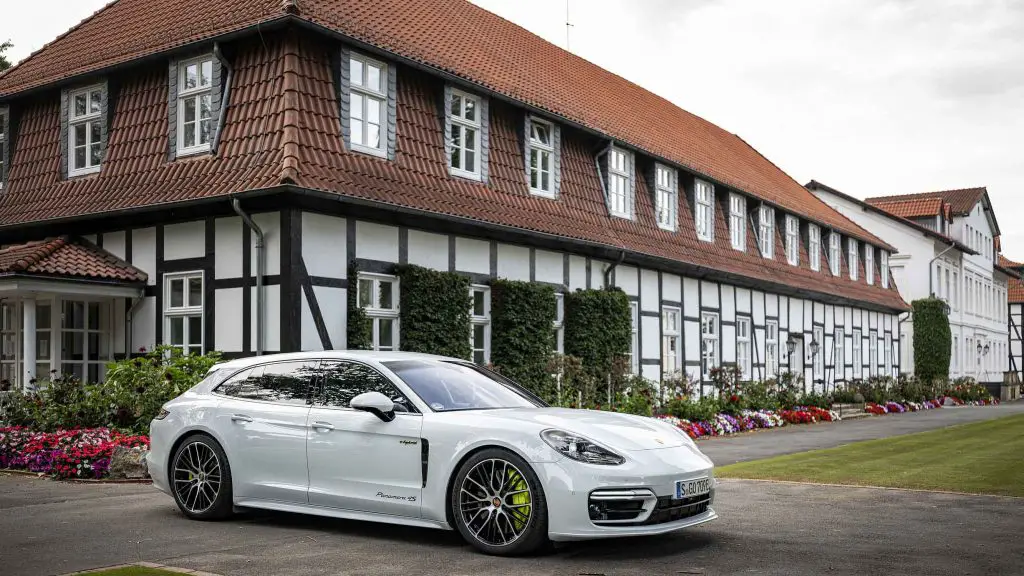Porsche: Where Are They Made?
Share

Porsche, the name synonymous with luxury sports cars, exceptional engineering, and a rich motorsport heritage, has captivated enthusiasts for decades. One question often arises among curious automotive fans and potential buyers: "Porsche, where are they made?" In this blog post, we'll take a deep dive into the origins of Porsche vehicles, the locations of their production, and how this impacts the quality and reputation of these incredible machines.
The Origins of Porsche
Founded in 1931 by Ferdinand Porsche in Stuttgart, Germany, the company began as a vehicle development consultancy. However, it was not until the launch of the Porsche 356 in 1948, designed by Ferdinand's son, Ferdinand "Ferry" Porsche, that the brand truly began to take root in the automotive world. The success of the 356 paved the way for subsequent models, especially the iconic Porsche 911.
Where Are Porsches Manufactured?
Main Manufacturing Facility in Germany
The heart of Porsche's production lies in Germany, specifically the city of Stuttgart, where the company's headquarters is located. The main manufacturing facility, known as the Porsche Stuttgart-Zuffenhausen plant, is where many of the most celebrated models are produced, including the 911 and the Porsche Boxster/Cayman line.

This facility is noteworthy for its advanced manufacturing techniques and state-of-the-art technology. Strong attention to detail and craftsmanship defines each vehicle that rolls off the assembly line. The Stuttgart facility also hosts a unique training center, ensuring that workers are highly skilled and knowledgeable about the company's stringent standards.
Leipzig Plant
In addition to the Stuttgart plant, Porsche also operates a second major production site in Leipzig, Germany. Established in 2002, the Leipzig facility is responsible for manufacturing the Porsche Macan and the Porsche Panamera.

The Leipzig plant is remarkable for its eco-friendly approach, utilizing renewable energy sources and an efficient production process that minimizes resources and waste. This commitment to sustainability reflects Porsche's broader goals of reducing their environmental impact while still delivering top-tier performance.
International Production
Porsche has expanded its production capabilities beyond Germany to meet growing global demand. One of the most notable partnerships is with Volkswagen AG, which shares its production platforms, leading to increased efficiency in manufacturing.
Porsche’s Production in China
China has become a significant market for luxury vehicles, including Porsches. To capitalize on this booming market, Porsche established a manufacturing joint venture with Volkswagen in 2015. This joint venture operates a facility in Chengdu, China, where certain Porsche models, including the Macan, are produced for the local market.

This strategic move not only allows Porsche to meet local demand effectively but also helps the company to reduce tariffs and shipping costs, making their vehicles more accessible to Chinese consumers.
Limited-Edition Models and Customization
Porsche has also been known to produce limited-edition models and customized vehicles, often utilizing specialized facilities that cater to bespoke requests. Clients looking for unique touches or performance enhancements often turn to Porsche’s Exclusive Manufaktur. While these customized vehicles can be created in various locations, the quality remains steadfastly Porsche, regardless of where production takes place.
Quality Control and Craftsmanship
Despite the varied production locations, one aspect consistently remains true: Porsche’s unwavering commitment to quality control and craftsmanship. The company employs rigorous testing and evaluation processes to ensure that every car meets their high standards. From the materials used in the interior to the engine’s performance, every detail is meticulously curated.
Additionally, customers can witness this commitment firsthand through their factory tours in both Stuttgart and Leipzig. These tours provide an inside look at the production process, showcasing the craftsmanship and precision that goes into each Porsche vehicle.
The Impact of Manufacturing Locations on Porsche
The choice of manufacturing locations has a direct impact on the overall performance and brand perception of Porsche. Producing vehicles in Germany, a country renowned for its engineering prowess, reinforces Porsche’s identity as a manufacturer of high-performance machines. The dual-plant strategy not only allows Porsche to cater to the European market efficiently but also to global markets, leveraging local production to enhance accessibility.
For buyers, knowing that their Porsche is made in state-of-the-art facilities using sustainable practices adds value to the purchase. Enthusiasts often feel a connection to the brand when they understand the intricate processes and dedication that goes into creating each vehicle.
Conclusion
When it comes to the question, "Porsche, where are they made?" the answer is multifaceted. With its primary production facilities in Stuttgart and Leipzig, along with strategic ventures in China, Porsche has positioned itself to not only thrive in the competitive automotive landscape but also to hold onto the traditions of craftsmanship and quality that define the brand.
Whether you’re admiring a sleek 911 or cruising in a robust Macan, knowing the story behind the manufacturing helps deepen your appreciation for the iconic brand. As Porsche continues to innovate and adapt, one thing remains certain: the essence of what makes a Porsche will always be rooted in its German heritage, even as it expands to meet the demands of a global market.
